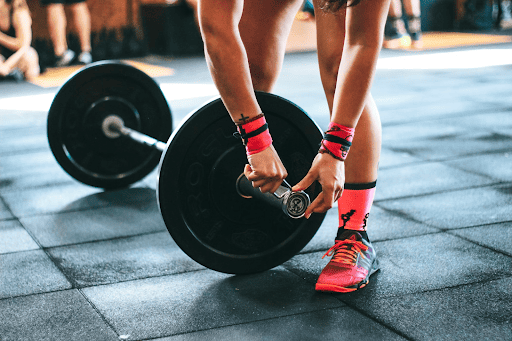Relaxation and rest of the body after training are important for the performance of athletes and muscle recovery, especially for those who train harder. After all, it is during this break that the body is working to restore working capacity.
Why does the body need Rest after Training?
Contrary to what many people think, muscles do not develop only when they are stimulated. Thus, they grow and rest. Even because it is during rest that the body replenishes its energy reserves.
This means that if you don’t give your muscles the time they need to recover, they won’t be ready for the next set of exercises.
And if you feel very overtrained, a good massage will relieve the feeling of muscle soreness after a hard workout.
Relaxation and rest of the body: how does muscle recovery work?
Basically, muscles can recover both passively and actively. In the passive state, the body recovers at its own pace. Therefore, it is necessary to give him time to compensate for the training load and restore his physical capabilities as quickly as possible.
Active muscle recovery is when we give a small boost to the recovery process. In other words, this is when we use some methods of stimulating the body during the period of relaxation and rest.
5 Body Relaxation and Rest Practices to Accelerate Muscle Recovery
The rest of the body after physical activity is just as important as exercise. After all, as we have already said, relaxation is necessary for the recovery and strengthening of muscles.
Resting the body after physical activity is no less important than the workout itself. After all, as we have already said, relaxing the body through massage is essential for muscle recovery and strengthening. That is why every athlete who cares about his body and quality recovery regularly visits a massage center.
1. Muscle massage
Massage is a powerful method that guarantees relaxation and rest for the body. It is so powerful that it helps to repair damaged muscles, as it has an effect similar to that of anti-inflammatory drugs.
Therefore, it is shown after more exhausting activities that require a lot of effort. In addition, massage can also improve blood circulation and remove toxins that contribute to injury.
Once in the massage parlour, you will definitely be able to relax and relieve tension after a hard workout. Choose only a high-quality aroma massage centre so that your luxury massage experience is the most effective and enjoyable. An example of a beauty spa center that you will want to return to is https://armonia.ae/. Visitors can enjoy a Moroccan bath with massage or simply choose any massage complex they like.
2. Stretching
Immediately after your workout, think about a stretching session. Thus, the muscles will begin to prepare for recovery. In addition, stretching also helps reduce muscle tension immediately after training.
At the same time, the muscles do not become rich, and it still helps to relax the mind.
3. Sleep well to relax and unwind
As you may already know, a good night’s sleep is necessary for your body to relax and rest.
While a person is sleeping, small muscle tissues are restored. That’s why you often hear that it is during sleep that muscles grow. Yes, it’s true!
If the student’s training is usually intense, it would be ideal for him to sleep 7 or 8 hours a day. Even less sleep can have several negative consequences.
Among them, one can note a decrease in metabolism, a bad mood, a weakening of immunity, and, of course, a slowdown in muscle recovery.
4. Bath with cold/warm water to relax the muscles
After a workout, you always need a shower, don’t you?! This habit can significantly improve the performance of those who exercise, especially when alternating a cold shower with a warm one.
This is because cold water prevents the muscles from experiencing muscle pain.
Initially, this should be done for 30 or 40 seconds. Then just repeat the process 5-8 times.
5. Relaxation of the body in an ice bath
Was today’s training harder than usual? Is the student complaining of discomfort and muscle pain? How about trying to repair damaged muscles by recommending ice immersion?
Taking this practise after training reduces blood circulation in the muscles, stopping internal bleeding that occurs during injuries.
Ice still has an analgesic effect, helping to reduce muscle pain and accelerate recovery after minor injuries caused by prolonged exercise. But if you’re not a fan of the cold, the single most effective way is still a quality massage.



